| Content | Hydroponics is described as the process of growing plants or crops in water without the use of soil. Through the Hydroponic Process, plants grow in water containing nutrients. Examples of this type of hydroponic systems includes NFT (nutrient film technique) systems and deep-water float systems where plant roots are set in nutrient solutions. Another definition of hydroponic is growing plants without soil. Hydroponics eliminates soil and soil-borne pests and disease, so there is no need to use large amounts of pesticides. This, in turn, reduces soil erosion as well as air and water pollution. Pesticides from traditional soil-based agriculture run off into rivers and streams, harming fish populations. Hydroponics is not only beneficial to your health, but it is also beneficial to the environment. As previously stated, it is a more sustainable method of growing vegetables, so it has a lower environmental impact. Hydroponic gardens can also help to improve air quality. | Hydroponics is described as the process of growing plants or crops in water without the use of soil. Through the Hydroponic Process, plants grow in water containing nutrients. Examples of this type of hydroponic systems includes NFT (nutrient film technique) systems and deep-water float systems where plant roots are set in nutrient solutions. Another definition of hydroponic is growing plants without soil. Hydroponics eliminates soil and soil-borne pests and disease, so there is no need to use large amounts of pesticides. This, in turn, reduces soil erosion as well as air and water pollution. Pesticides from traditional soil-based agriculture run off into rivers and streams, harming fish populations. Hydroponics is not only beneficial to your health, but it is also beneficial to the environment. As previously stated, it is a more sustainable method of growing vegetables, so it has a lower environmental impact. Hydroponic gardens can also help to improve air quality.
Cucumber is a kind of fruit. It looks like a long shape of green color. This results in fewer calories and more water. A raw cucumber with peel contains 20 kilocalories per 100 grams.
Rich in fiber and fluids, the cucumber increases the amount of fiber and water in the body. Due to the presence of potassium, magnesium, and fiber, cucumber helps in controlling high blood pressure. 2. Cucumber contains a type of substance called sterol, which helps control cholesterol. | Hydroponics is described as the process of growing plants or crops in water without the use of soil. Through the Hydroponic Process, plants grow in water containing nutrients. Examples of this type of hydroponic systems includes NFT (nutrient film technique) systems and deep-water float systems where plant roots are set in nutrient solutions. Another definition of hydroponic is growing plants without soil. Hydroponics eliminates soil and soil-borne pests and disease, so there is no need to use large amounts of pesticides. This, in turn, reduces soil erosion as well as air and water pollution. Pesticides from traditional soil-based agriculture run off into rivers and streams, harming fish populations. Hydroponics is not only beneficial to your health, but it is also beneficial to the environment. As previously stated, it is a more sustainable method of growing vegetables, so it has a lower environmental impact. Hydroponic gardens can also help to improve air quality. | Hydroponic Honeydew Melon
The Honeydew is round to oval and somewhat larger than the typical cantaloupe, ranging from 500 to 2000 Grams. It has a smooth firm outer rind that turns from green to whitish yellow as it matures, transforming from very hard and smooth to almost velvety with a slight stickiness. The crisp yet juicy flesh is medium to pale green with the deepest shade occurring just below the skin. The melon is ready to eat if the blossom end yields to gentle pressure. Once a Honeydew melon is picked, it may soften but can no longer get any sweeter. Vine-ripened melons picked at their peak maturity will have the best flavor and highest sugar content.
Honeydew melons are available year-round..
Honeydew melons are often used in fresh preparations such as fruit salads or cold soups. The pureed flesh can be added to sauces, smoothies, cocktails, and syrups. The sweet flavor of the Honeydew melon will complement breakfast and dessert preparations. Honeydew pairs well with lime, mint, basil, sweet cream, cottage cheese, fruity olive oil, and fresh berries. Store unripe melons at room temperature. Refrigerate ripe melons in a plastic bag for two to three days. Once cut, cover and keep refrigerated. | | |
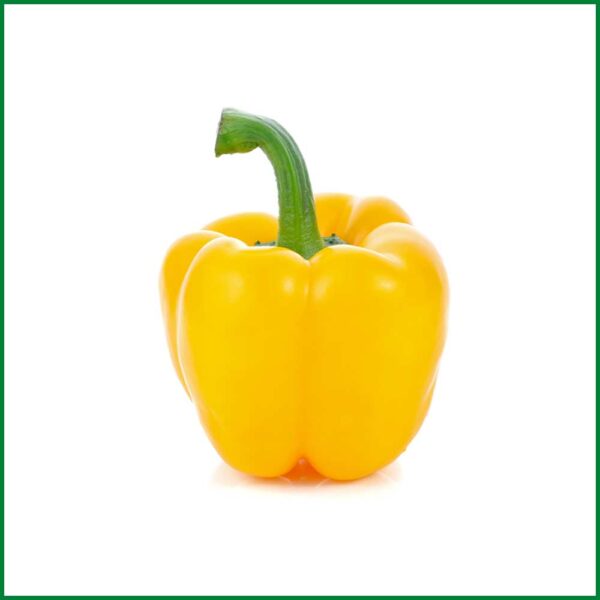
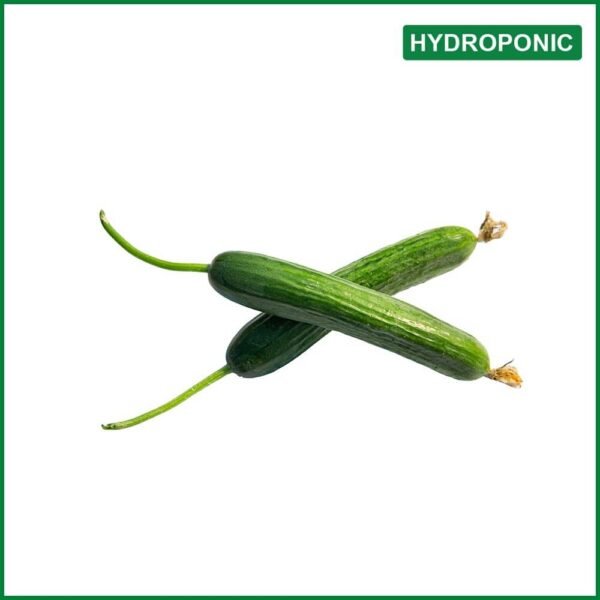
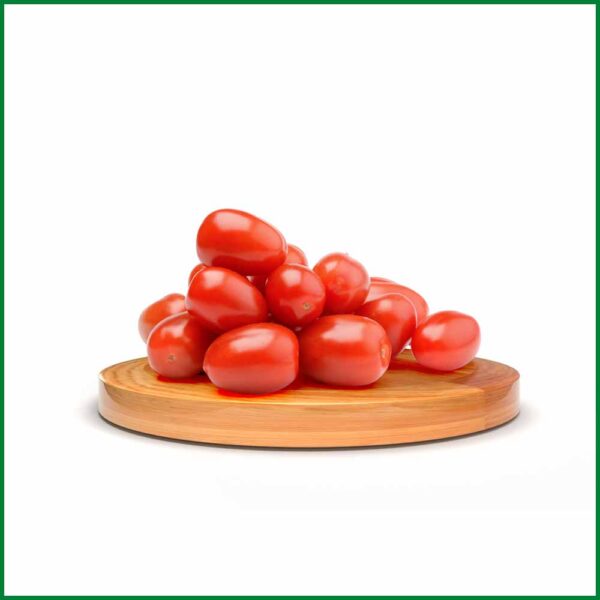
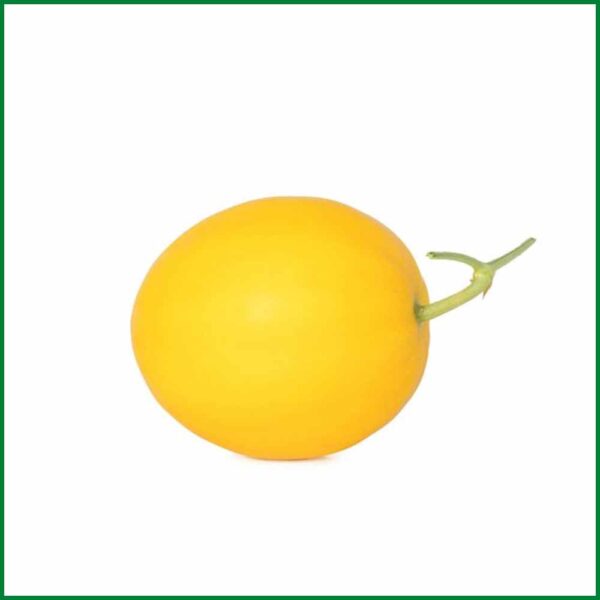
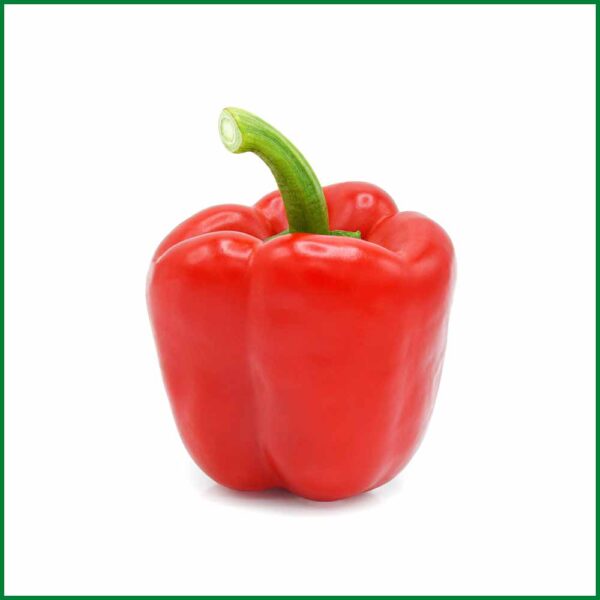
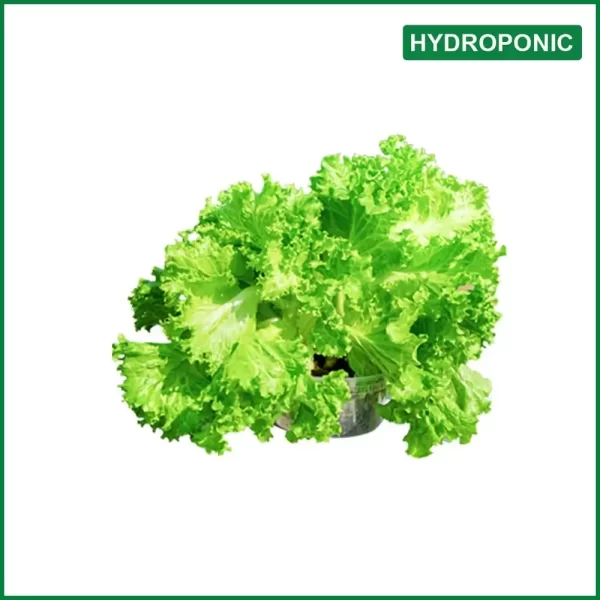


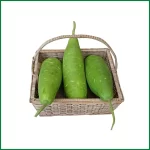
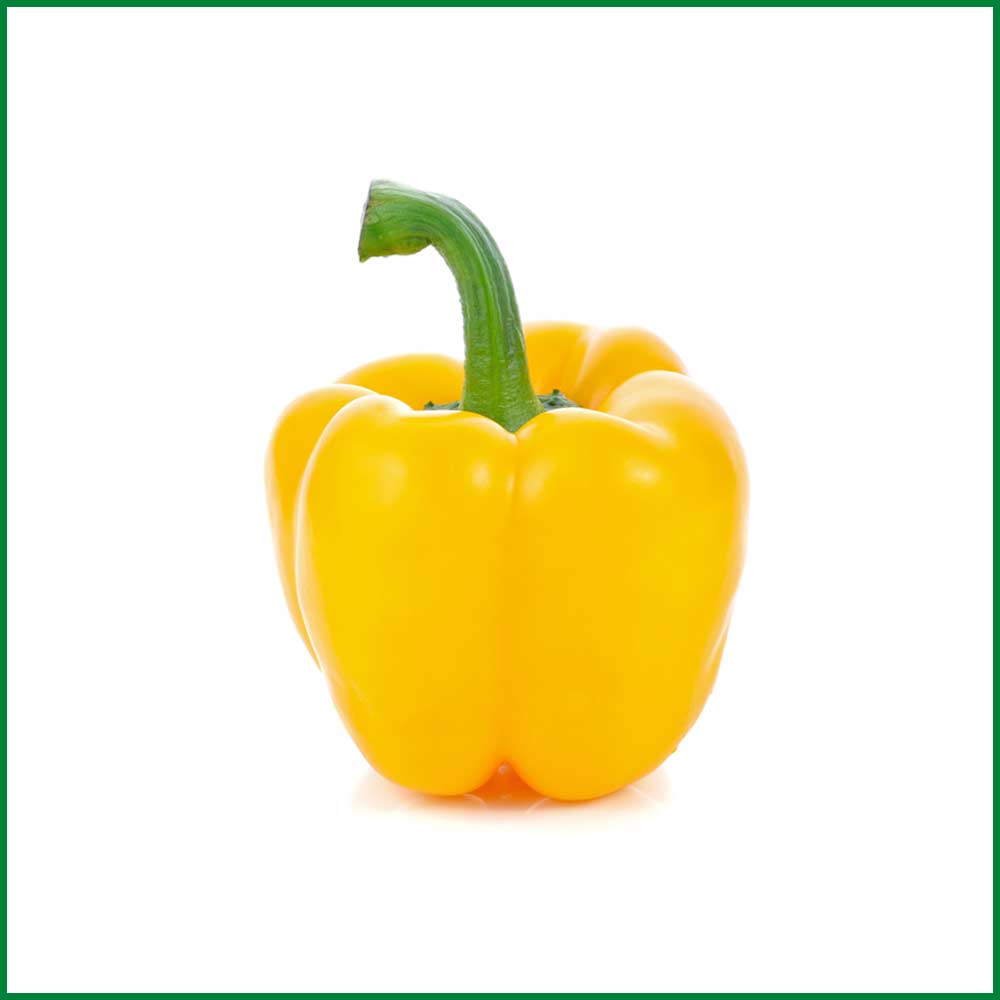
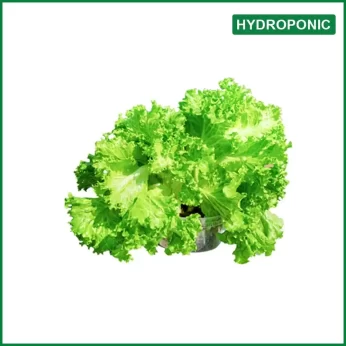
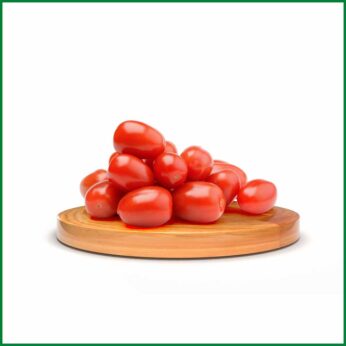
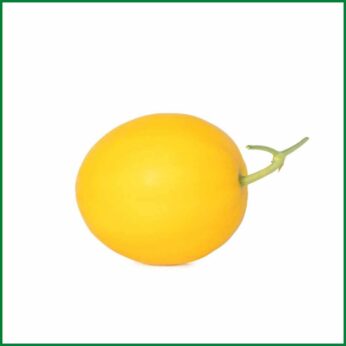
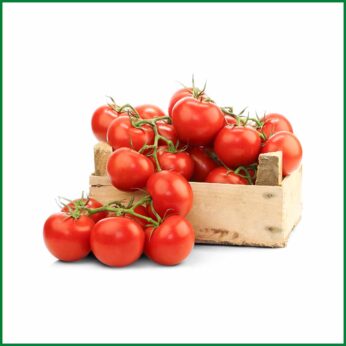
Reviews
There are no reviews yet.